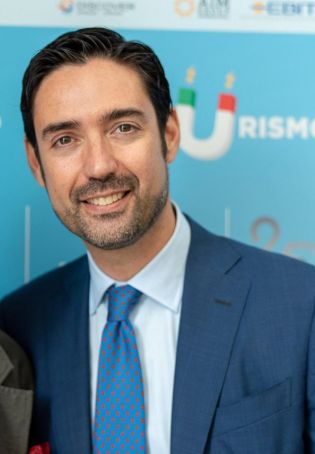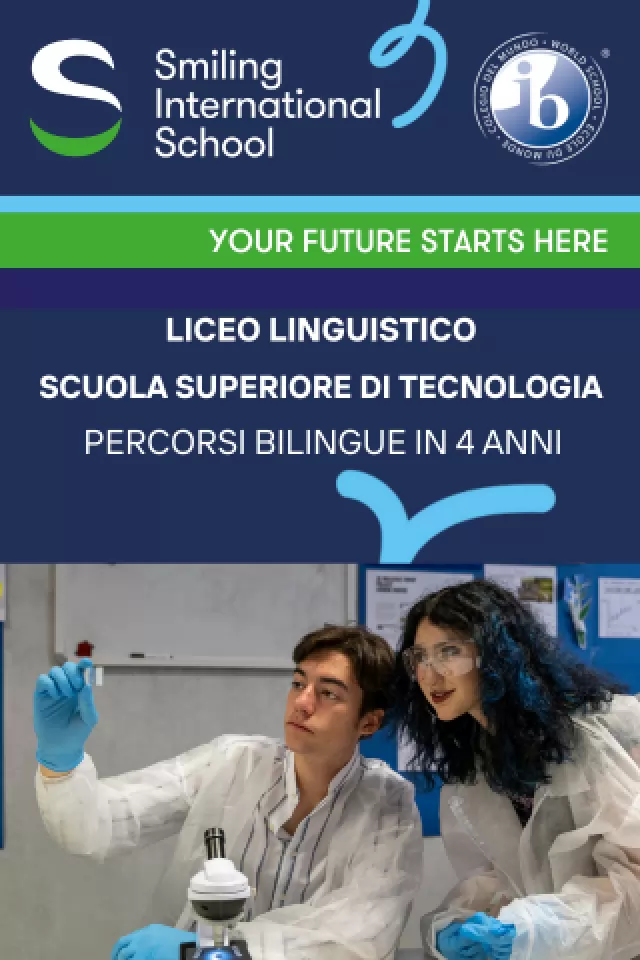Wanted in Rome interviews Antonio Barreca, director general of Federturismo, one of the key figures in Italy's travel and tourism industry.
by Marco Venturini
What is the current situation of tourism in Italy?
The health and economic crisis caused by the pandemic has had a dramatic impact on the tourism sector. Although we are aware that recovery will not be easy, the acceleration of the vaccination campaign, the easing of restrictions and the Italian and European “green pass” allow us to leave room for a certain optimism for this summer.
A little less than half of Italians will go on vacation, even if for the moment we are still witnessing reservations concentrated mainly in the month of August, that see Italy as their preferred destination. For the arrival of foreigners, we will have to wait until the second half of July when there will be a greater propensity to travel guaranteed by a resumption of safe mobility.
The sea is the favorite destination for six out of ten Italians with Puglia, Tuscany, Sicily, Emilia-Romagna and Sardinia in the lead. The estimates of flows in the summer months, according to a survey conducted with Demoskopika, almost 166 million visitors for almost 39 million arrivals, in recovery of 16 and 11 percent in 2020. Levels that would still lead to closing the year with a deficit of more than 50 percent compared to 2019 records.
What are the elements of greatest concern and what are the elements of greatest hope for the future of the industry?
Being able to integrate the organization of the proposed structural measures, together with the digitization of processes and a coordination of those involved, could make the tourism sector take that decisive step towards growth. The resources foreseen in the NRRP (National Recovery and Resilience Plan) are more substantial than those of the past and concentrated over time, but what worries us is their destination and how to ensure the effectiveness of spending.
In order to promote tourism well, it is necessary to bring together a series of separate interventions on various fronts, because only through their synergy can the plan be successful in terms of economic development and enhancement of Italy’s national heritage. It is necessary to take a long-term view and work now on deep structural reforms that lay the foundations for an environment that is truly more suited to businesses and workers. Our companies need to eliminate red tape and be simplified: we can in no way afford to remain caged by a stratification of regulations and bureaucracy.
How much do you think international tourism will influence the upcoming summer vacations?
Even though we won't be able to count on large numbers, foreign tourists want to enjoy an all- Italian vacation. If Europeans, especially Austrians, Germans and French are moderately confident, we are confident in the return of the Americans who, thanks to a mass vaccination campaign and Covid tested flights are beginning to reappear, and not only in Ischia. To see Russians and Chinese, we will have to wait since their vaccines are not recognized by the EU.
When do you expect a return to normality for the sector?
Although Euromonitor data predicts that Italy will recover the pre-pandemic levels by 2025, we are more optimistic, hoping for a return to normal starting from 2024. Recovery will be closely linked to plans to contain the virus with vaccination campaigns and measures to encourage the movement of people.
It is recent news that countries like Germany and France are closing to tourists from the United Kingdom. Do you think there is an equal risk of this happening in Italy?
The strong transmissibility of the Indian variant has led France to adopt a seven-day quarantine for anyone arriving from the United Kingdom as of 31 May. A decision that was preceded by the moves of Germany and Austria that have imposed respectively a two-week quarantine and banned direct flights. No one can rule out that Italy may also be in the position of having to resort to such an intervention even if we hope that the vaccination campaign arrived at a good point and vaccines largely effective even in the face of this variant can avert a measure that, just at the gates of the summer season, we would further penalize tourism.
To date, what are the entry policies for European and American tourists?
Since mid-May, the tightening of the regulations for those arriving in Italy from abroad has been loosened. American tourists are among the very few non-EU foreigners who, thanks to their vaccination campaign and Covid tested flights, can now enter Italy without the obligation of quarantine (but they must take swabs before arrival and return). All this while waiting for the first of July when the green pass will be sufficient.
In your opinion, what 3 measures should be put in place immediately to help the sector?
In this delicate and long-awaited phase of restart, a major problem remains, in view of the summer season, the difficulty for entrepreneurs to find staff and particular professional figures on the market, due to the citizenship income. To remedy this anomaly, distorting the labor market, an immediate corrective measure would be necessary, such as the remodeling of taxation on labor costs to allow workers to receive a higher net pay and thus make work more attractive than citizenship income, with consequent savings for the coffers of the State. An even more anomalous scenario if we consider that in 2020, the number of people employed in the sector dropped dramatically.
It is, moreover, necessary to support the liquidity of companies by all means. In particular, with regard to the measures for access to credit and liquidity, we believe that the extension of the current measures and the lengthening of the repayment terms of guaranteed loans is positive and should help companies emerge from the critical phase. Even if the operation of some provisions is subject to the authorization of the European Commission and the absence of a structured intervention for the capitalization of companies remains, as well as the excessive bureaucratization of procedures that has made access to aid very complex, especially for SMEs.
And then there is the issue, absolutely central to the competitiveness of our businesses, of the upgrading and quality of our country's tourist offer for which we continue to reiterate the importance of extending the 110% Superbonus that would allow the Italian tourist offer to be upgraded to the best international standards. An effort that today we cannot ask of companies and entrepreneurs who have not worked for months and whose turnover has been decimated.
Antonio Barreca

Since July 2011 Antonio Barreca has been the director general of Federturismo, the Italian National Federation of the Travel and Tourism Industry which is part of Confindustria (the Italian employers' confederation). He served in 2014 as a senior advisor for tourism for Sicily. He has been a member of the Tourism Sustainability Group of the European Commission since February 2011, and the vice president of the tourism committee at the Italian Organization for Standardization (UNI), an association that publishes standards for industrial, commercial and tertiary sectors.


















